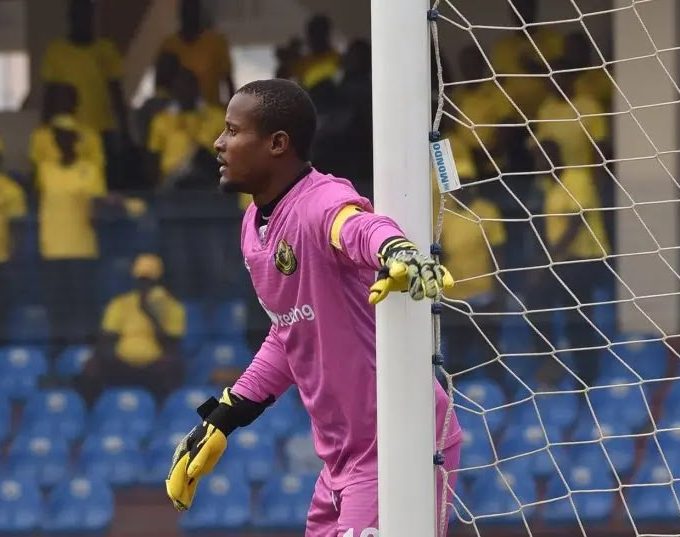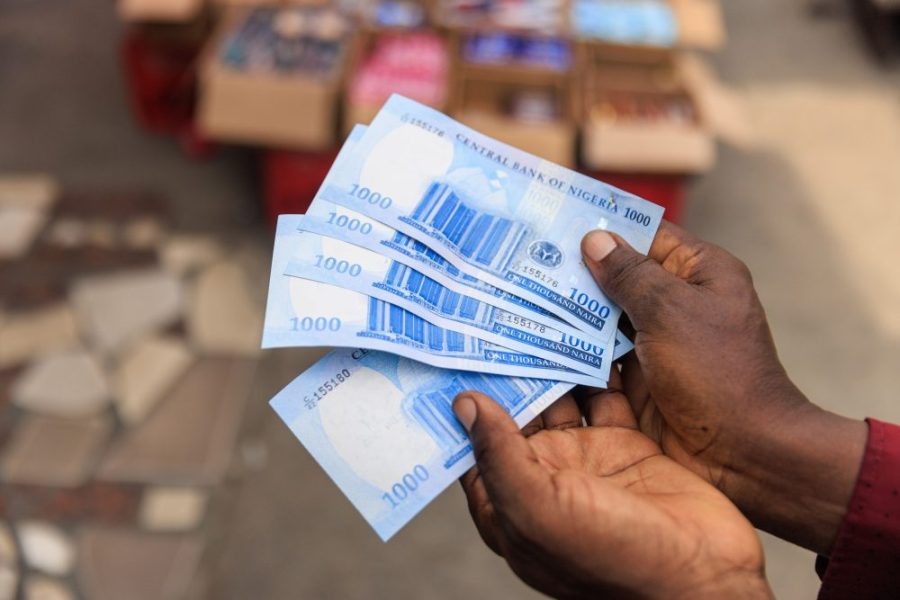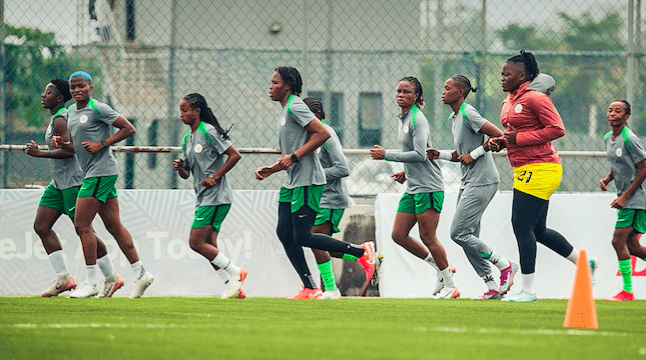The Nigerian naira appreciated significantly against the US dollar on Monday, closing the day at N1,339.33/$1 in the official foreign exchange market.
This marked a substantial 9.68 percent increase from Friday’s rate of 1,482.81/$, according to data from the FMDQ, which oversees the Nigerian Autonomous Foreign Exchange Market.
Despite the Naira’s gain in the official market, it faced a slight depreciation in the parallel (black) market, where it traded at ₦1,520 to the dollar, down 1.32 percent from ₦1,500 on Friday.
The divergence in performance highlights ongoing volatility in the forex markets, which the Central Bank of Nigeria (CBN) Governor, Dr. Olayemi Cardoso, recently attributed to seasonal fluctuations.
At a press briefing in Abuja last week in the aftermath of the Monetary Policy Committee (MPC) meeting, Gov. Cardoso noted the recent market volatility, stating it reflected “seasonal demand and a freely functioning market system of demand and supply.”
Monday’s trading also saw a significant decrease in forex turnover, with daily figures dropping 67.50 percent to $180.80 million from $556.25 million on Friday, signaling a reduced transaction volume in the market.
Furthermore, according to the latest data from the CBN, the demand for foreign exchange for importation and other forex-related activities has declined 42 percent year over year.
This decrease is part of a broader reduction in sectoral forex allocation, which saw a 41.9 percent drop in 2023.
The CBN’s quarterly statistics report revealed that 19 sectors and services received a total of $21.12 billion in forex allocations last year, a significant decrease from the $29.98 billion disbursed in 2022.






















Leave a comment